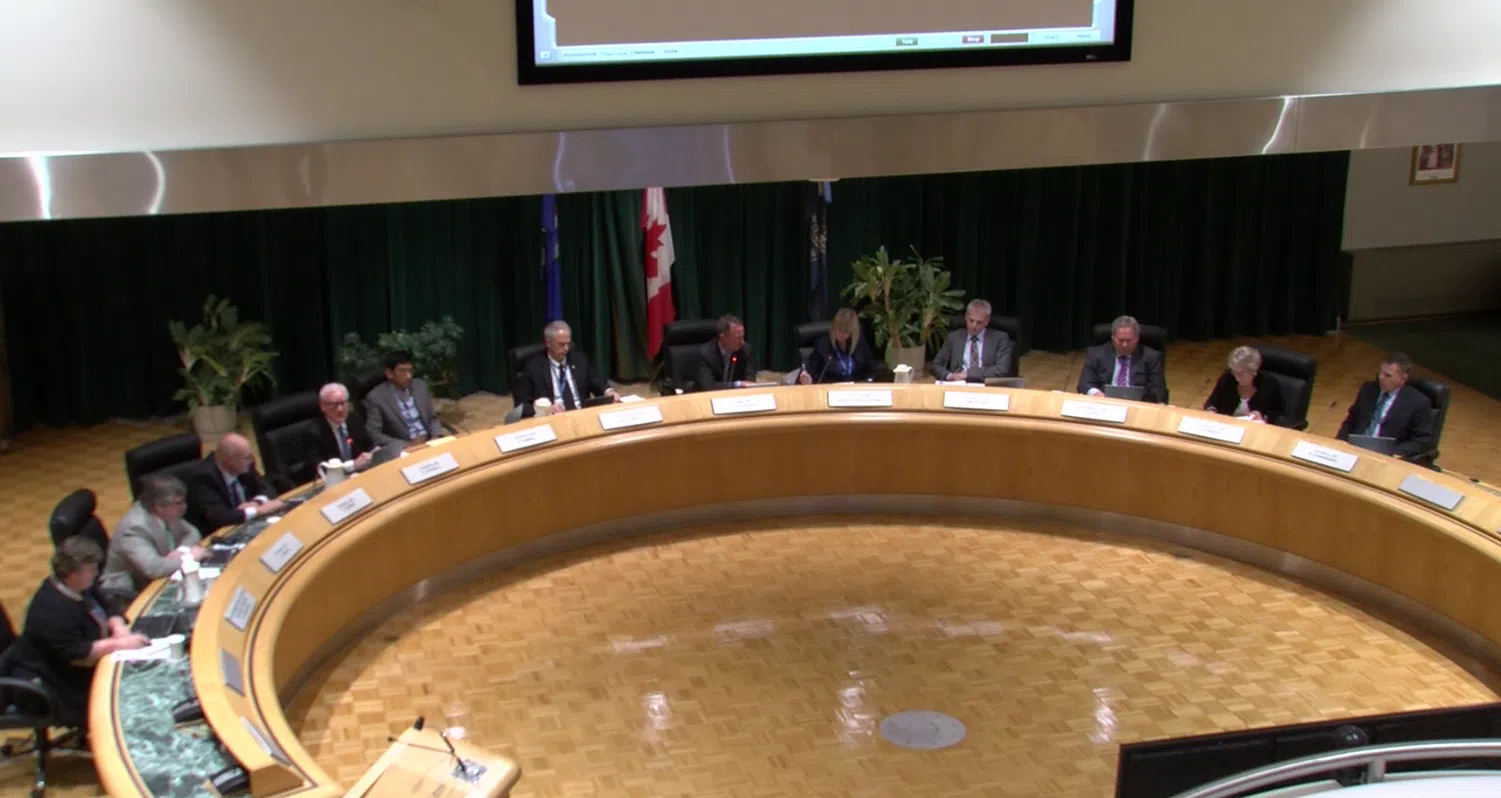
City moving to four year budget cycle despite some push back
MEDICINE HAT – Some on city council are raising concerns about moving to a four-year budget cycle.
With council terms having moved to four years, city staff say three-year budgets will no longer work.
The three-year cycle would leave a new council scrambling to develop a budget in mere months without any training or a feel for the council process. While that wouldn’t be so problematic for veteran councillors, it could be detrimental to those who are new to the process.
